void call(int n)
{
for (int j=1;j<=n;j++)
{
call(n/2);
}
}
void main()
{
int i;
for (i=1;i<=n;i++)
{
call(i);
}
}
For the time complexity of this loop. Is this thought process correct? In the main function, the loop is O(N). In the call function, the loop is O(N), which the recursion is n/2, therefore the O(logN)with base 2. So the overall time complexity of in the main is O(N)*[O(N)*O(LogN)]= O(N^2 Log N)?



